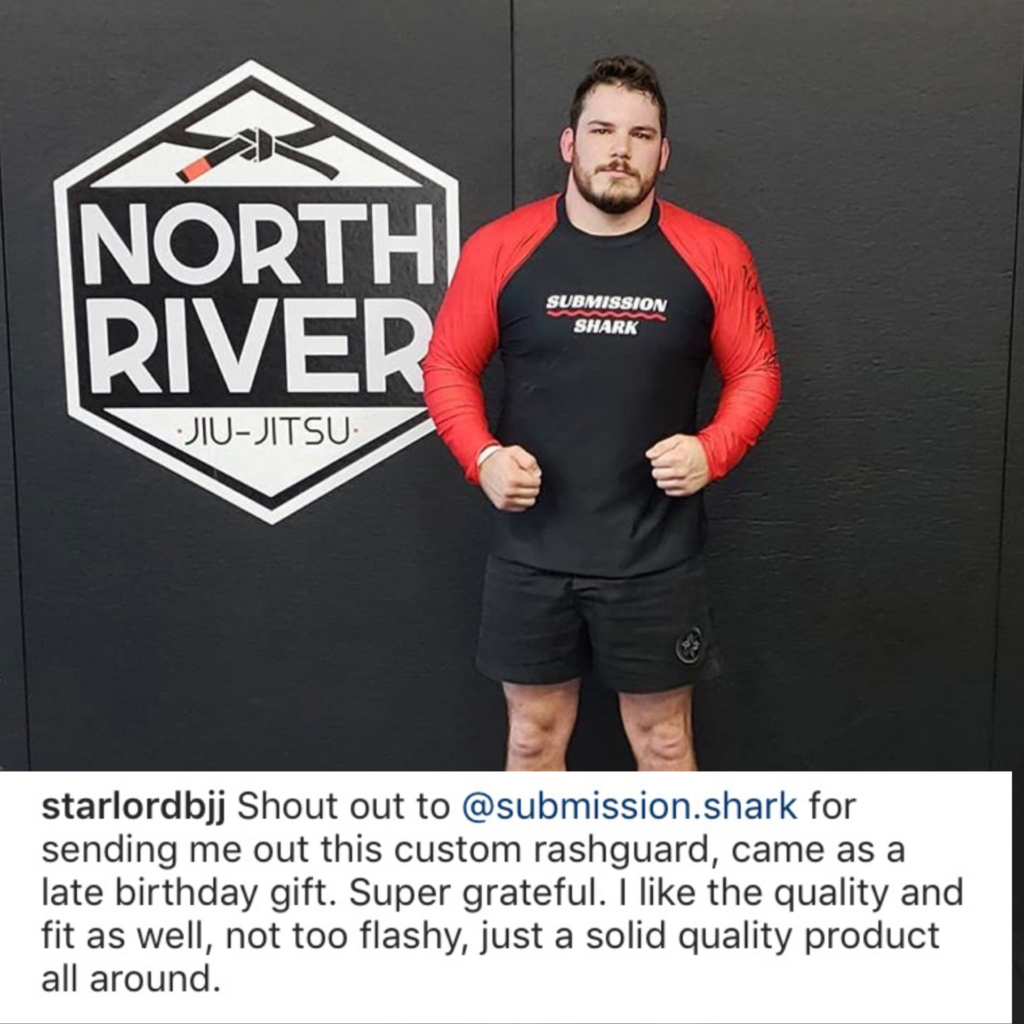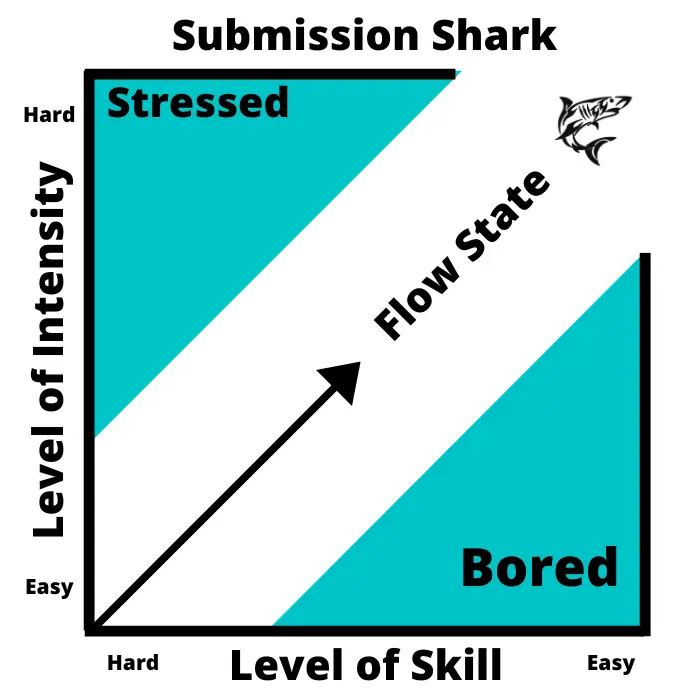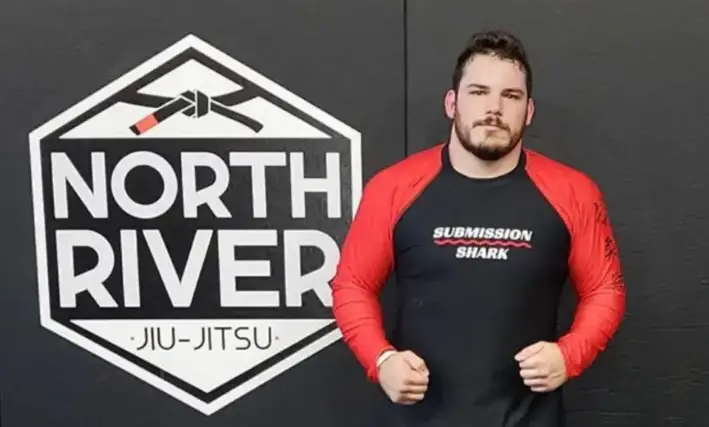Learning a new sport can be an exciting and nerve-wracking experience. This is especially true for MMA (Mixed Martial Arts), as it involves various forms of martial arts techniques.
MMA Panda’s Guide: Preparing For Your First MMA Class
If you have signed up for your first MMA class, congratulations! It takes courage to step out of your comfort zone and try something new.

To help you feel more prepared, here are some ways to prepare for your first MMA class:
1. Research the Basics
Before even stepping into the gym, it’s important to familiarize yourself with the basics of MMA. This includes learning about the different styles and techniques used in MMA, as well as understanding the rules and regulations of the sport. You can easily find this information online or through talking to experienced fighters.
This is helpful because some terms and positions may be new to you and having a general understanding can make the class less overwhelming. It also shows your dedication and willingness to learn. Before I began training, I was already an avid UFC fan. This helped me understand the fundamentals and even provided some inspiration to try out MMA.
Most of you reading this are probably already well aware of what MMA is, but it never hurts to do a little extra research and come to class with a basic understanding.
2. Find the Right Gym
Choosing the right gym is crucial for your MMA journey. Look for a reputable gym with experienced coaches and a welcoming environment. Consider taking a tour of different gyms in your area to see which one feels like the best fit for you.
The last thing you want to do is end up at a McDojo (term for a fake martial arts school) or a gym that doesn’t align with your goals. Take your time in finding the right gym and don’t be afraid to ask questions.
From distance to cost to class schedule, these are all important factors to consider in finding the perfect gym for you. If the gym is too far or the classes don’t fit into your schedule, it may be difficult for you to stay consistent with training.
Some MMA gyms also have a focus on a specific style or aspect of MMA, such as striking or grappling. Make sure the gym you choose offers training in all areas of MMA so you can become a well-rounded fighter.
Who you train with is just as important as where you train. Look for a gym that has a welcoming and supportive community. You want to feel comfortable learning from your coaches and training with your teammates.
3. Invest in Quality Gear
As with any sport, investing in quality gear is important for both safety and performance. This includes gloves, shin guards, mouth guard, and hand wraps. MMA rash guards are also recommended to prevent irritation and infections.
Do your research and invest in gear that is specifically designed for MMA. This will ensure proper protection and durability, as well as help you perform at your best during training and fights.

I’ve had my Submission Shark rash guard for over 5 years now and it still looks and feels as good as new. It’s a small investment that has saved me from skin irritations and infections multiple times.

Plus, it looks good and who doesn’t want to be complimented on their style? Especially as a new comer entering into the MMA world where you feel like a fish out of water, every little confidence boost helps.
4. Take Care of Your Body
MMA is an intense and physically demanding sport, so it’s important to take care of your body both inside and outside of the gym.
Preparing for your first MMA class involves more than just having the right gear and mindset – it also means taking care of your body with proper nutrition, hydration, and rest. Consulting with a professional nutritionist and personal trainer can also help you optimize your physical performance for MMA training.
Make sure to fuel your body with nutritious meals to support muscle growth and recovery. Stay hydrated throughout the day and especially during training sessions. And don’t forget to give your body time to rest and recover between intense training sessions.
If you plan on sparring, learning about brain injury prevention is crucial.
5. Expect To Be Pushed Out Of Your Comfort Zone
As with any new sport or physical activity, MMA will challenge you in ways you may not have experienced before. You’ll be pushed out of your comfort zone and asked to do things that may seem intimidating at first. But trust in your coaches and teammates – they are there to help you improve and reach your full potential.
Now, this one comes with a caveat – it’s important to recognize the difference between being pushed out of your comfort zone and being put in a dangerous or uncomfortable situation. If you ever feel unsafe or uncomfortable, speak up and communicate with your coaches.
For example, if you are just starting out or only training MMA for fitness, sparring with pro fighters may not be the best idea. Don’t be afraid to communicate your boundaries and work towards them gradually.
6. Find Your Flow State
Coined by psychologist Mihaly Csikszentmihalyi, the term “flow state” refers to a state of heightened focus and immersion in an activity. In MMA, finding your flow state can greatly improve your performance.
To achieve this state, you need to be fully present and engaged in every aspect of training – from drills and sparring to conditioning and recovery. This can help you develop better technique, sharpen your reflexes, and improve your endurance.

Knowing your skill level and adjusting the intensity of your training accordingly can also help you find your flow state. If you’re constantly feeling overwhelmed or under-challenged, it’s important to communicate with your coaches and make adjustments to your training plan.
If for example, shrimps (a move used to escape from under an opponent) are easy for you (too boring), increase the intensity by adding resistance or performing them with a partner. On the other hand, if a certain technique is still difficult for you (too skill demanding), slow down and focus on proper form.
7. Embrace The Learning Process
Learning any new skill takes time and practice, and MMA is no exception. It’s important to remind yourself that progress is not always linear and to embrace the learning process.
Mistakes and setbacks are inevitable, but they offer valuable opportunities for growth. Don’t let a bad sparring session or a loss in competition discourage you. Use them as learning experiences and areas to improve on.
This was a difficult lesson for me when I first started training in MMA. I would get frustrated and discouraged when I couldn’t execute a technique perfectly or when I lost a match. But with time, I learned to embrace the learning process and see every training session as a chance to improve.
8. Have Soap and Extra Laundry Detergent On Hand
MMA training can be intense, and you’ll likely work up quite a sweat. Make sure to have soap and extra laundry detergent on hand to wash your workout gear regularly. This will not only keep your gear clean but also prevent the buildup of bacteria that can cause unpleasant odors.

It’s also a good idea to invest in some antibacterial spray to use on mats and equipment, as well as shower shoes to protect your feet in communal showers. Tea tree oil is a natural antibacterial option that can also be added to your laundry detergent. Keeping yourself and your gear clean will not only prevent infections but also make for a more enjoyable training experience.
9. Practice Breath Control
Proper breathing is a crucial aspect of MMA training. It can help you stay calm, focused, and conserve energy during high-intensity sessions. Make it a habit to focus on your breath while training, especially during sparring or intense drills.
You can also incorporate specific breathing exercises into your routine, such as box breathing or inhale-exhale holds. These techniques can help improve your endurance and control over your breath during fights.
When I was just starting out with BJJ, learning how to control my breath made a significant difference in my stamina and performance on the mat. Similarly, for striking you should exhale with each strike to engage your core muscles and maximize power. Don’t underestimate the power of proper breathing in MMA.
Rickson Gracie helped make breath work popular in the BJJ world, and many MMA fighters have since adopted his teachings. So don’t neglect this crucial aspect of your training and see how it can positively impact your performance.
10. Strengthen Your Neck
For every pound of neck muscle you gain, the probability of suffering a concussion is reduced by 5%. This is notorious in football and boxing but is also applicable to MMA. With all the impact and takedowns involved, having a strong neck can help prevent injuries and minimize the risk of concussions.
When it comes to grappling, a strong neck can also help you as tugging on your head is a common tactic used to control an opponent. Having a strong neck will make it harder for your opponent to manipulate you and give you more leverage in these scenarios.
The Muay Thai clinch is another situation where a strong neck can benefit you. In this position, your opponent will try to pull your head down while striking with their knees. A strong neck will allow you to resist their attempts and even turn the tables by pulling them into a standing clinch.
As a word of caution, start slow… and make sure that proper form is used in all exercises. The neck is a delicate area and incorrect training can lead to serious injuries. Consider incorporating these exercises into your strength and conditioning routine to help improve your performance in MMA.
Final Thoughts
On a final note, pre-training or pre-fight rituals have been known to help with mental preparation and focus. Some athletes have specific routines that they do before every training or fight, such as listening to a certain type of music, visualizing their performance, or going through a specific warm-up routine. Find what works for you and incorporate it into your routine.





